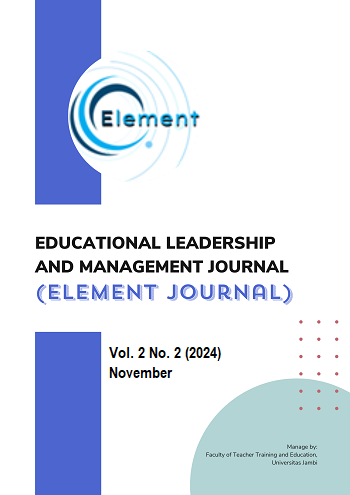The Relationship of Emotional Intelligence, Learning Facilities and Interest in Learning to Academic Achievement
DOI:
https://doi.org/10.22437/element.v2i2.38380Keywords:
Intelligence, Facilities, Interests, Academic AchievementAbstract
This study aims to investigate the influence of emotional intelligence, learning facilities, and learning interest on the academic achievement of students in Sumatra Island. The Partial Least Squares-Structural Equation Modeling (PLS-SEM) method was used to analyze data from 200 respondents. The results of the analysis indicate that emotional intelligence and learning interest have a significant positive effect on academic achievement, while learning facilities have a significant negative effect. The effect size evaluation shows that emotional intelligence has the greatest influence, followed by learning interest and learning facilities. This model has strong predictive accuracy, indicated by high R2 values for learning interest and academic achievement. Additionally, the model also has good predictive relevance, indicating the model's ability to accurately predict the values of endogenous variables. These findings provide insights for universities and lecturers to improve students' academic achievement by focusing on the development of emotional intelligence, learning interest, and enhancement of learning facilities.










